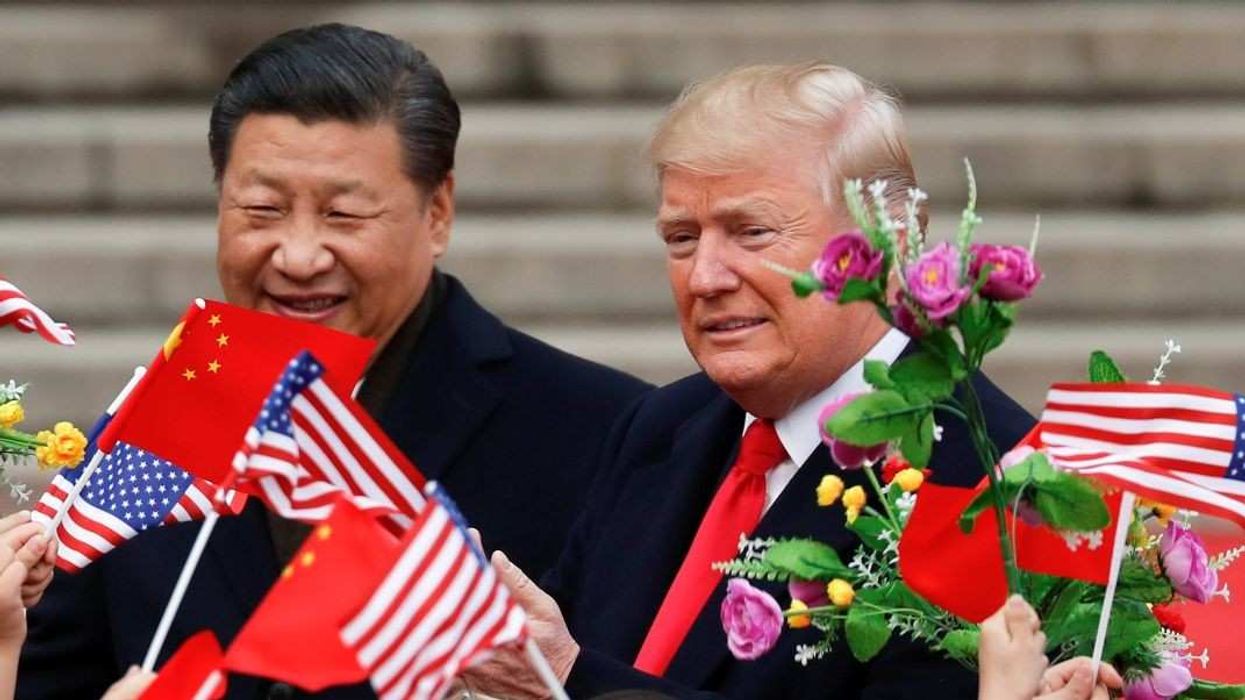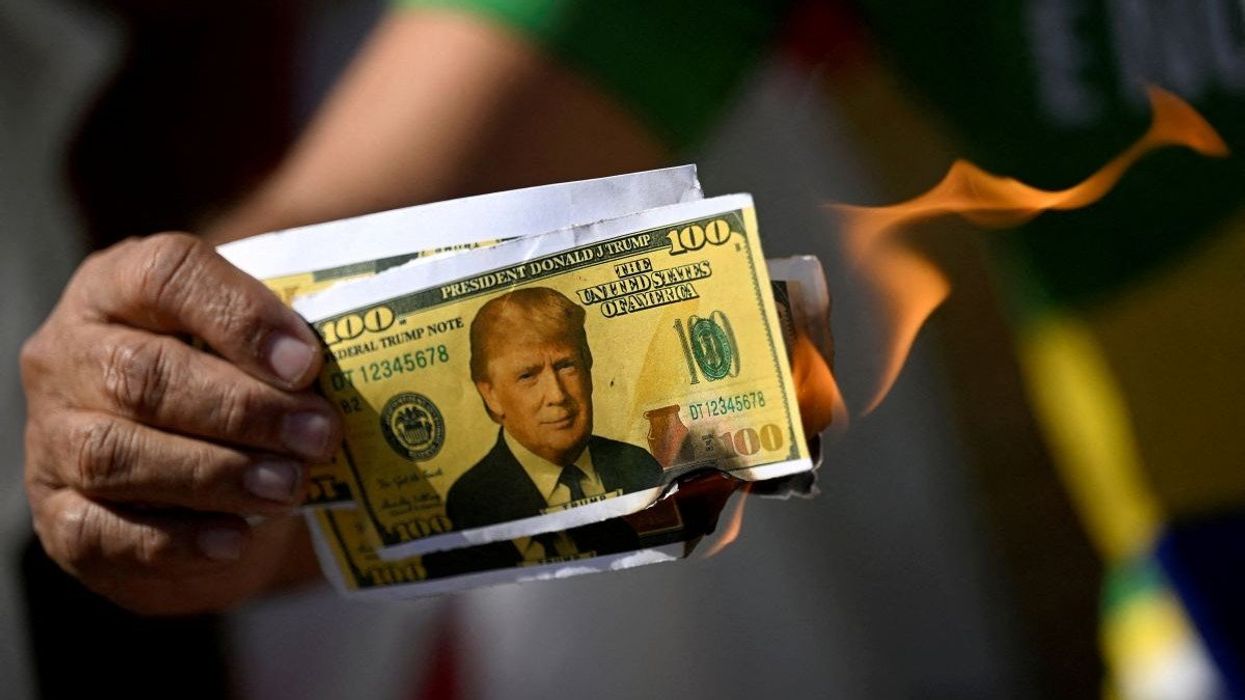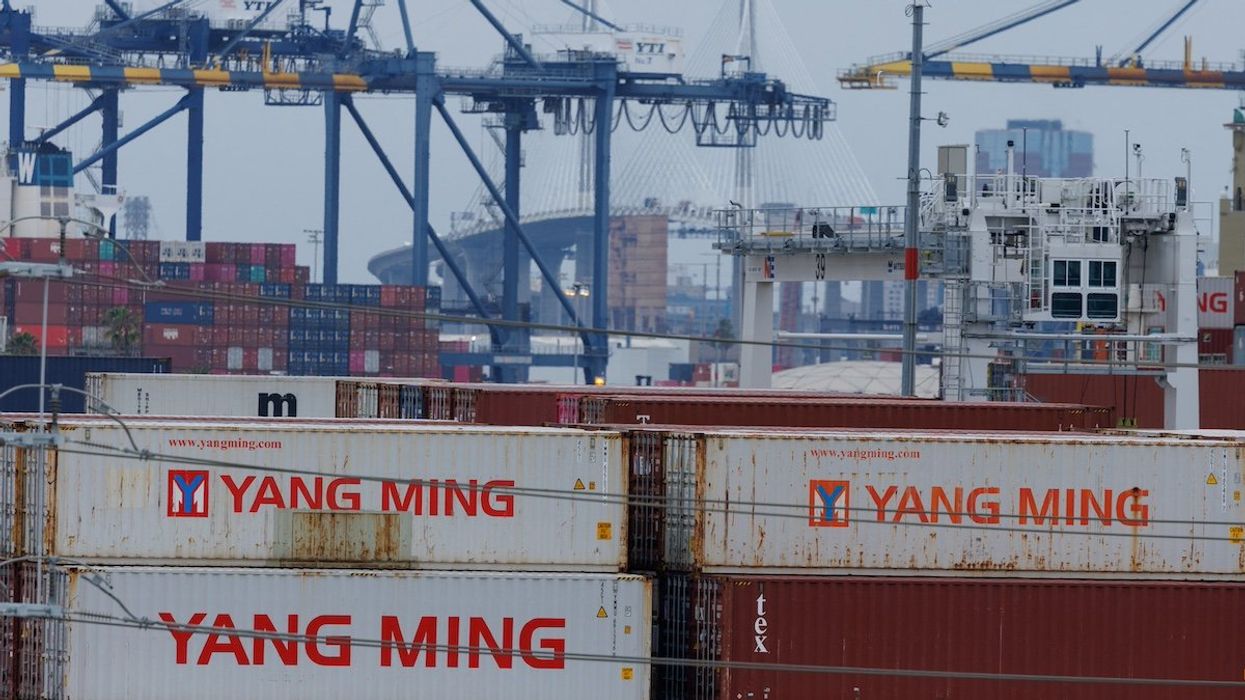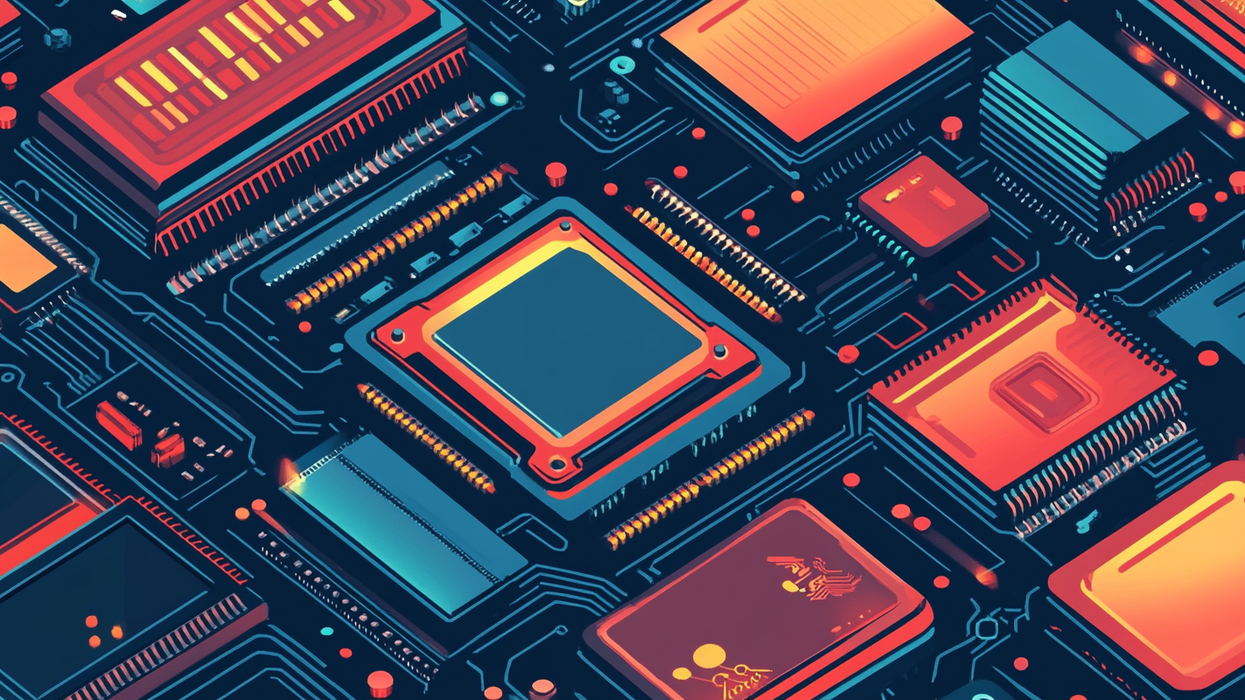What We're Watching
What We’re Watching: China increases its trade leverage, Modi and Starmer meet, US undercuts Canada’s auto industry
China has implemented broad new restrictions on exports of rare earth and other critical minerals vital for semiconductors, the auto industry, and military technology, of which it controls 70% of the global supply.
Oct 09, 2025









